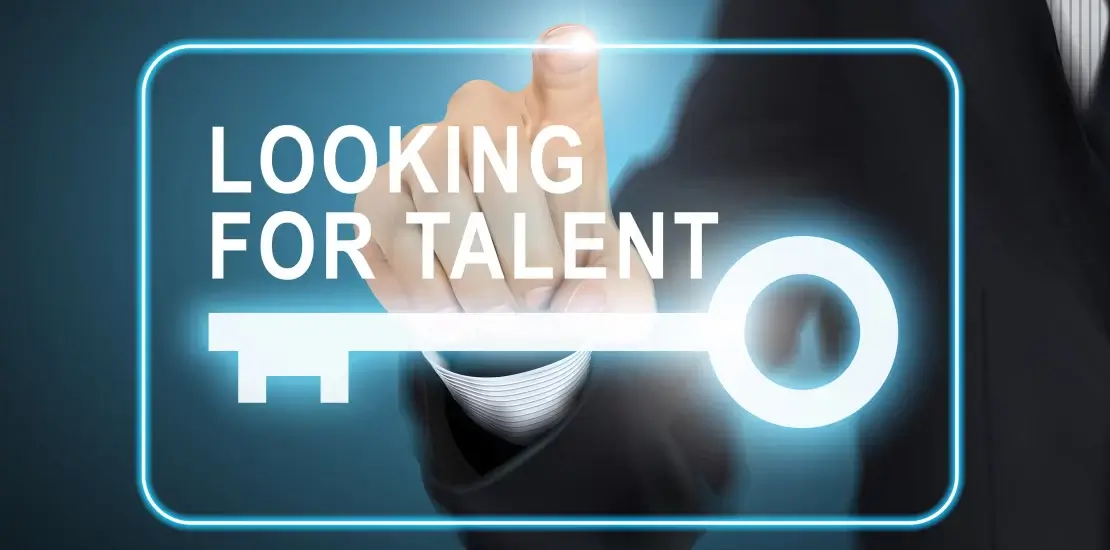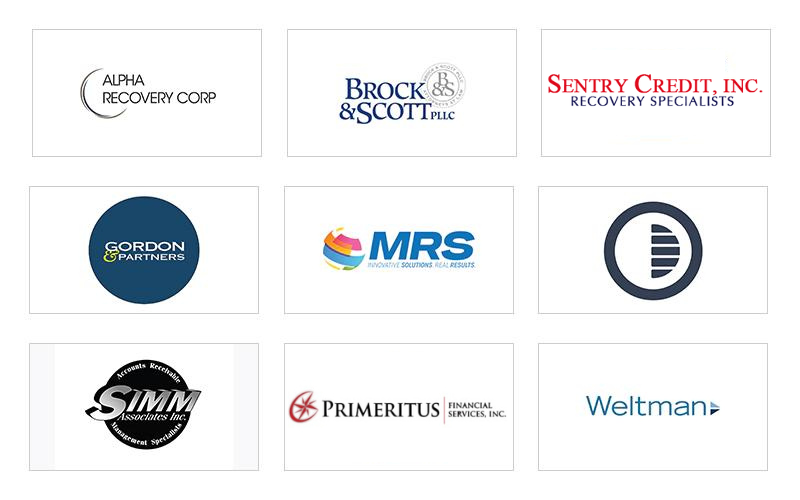7 Resource Management Questions to Ask a Potential BPM Partner
- November 2, 2021
- Category: Business process management

Recommended Reading
If you are a growing collection business, you may one day suddenly realize that you need more workforce to deliver on your client promises. If you need extra hands on deck, you can either follow traditional Business Process Outsourcing (BPO) to simply outsource your talent acquisition or look for a service provider that can hire, train and manage the talent via a more comprehensive Business Process Management (BPM) outsourcing model.
Over the years, outsourcing has moved away from simple BPO to sophisticated, fully-trained on-hire employees. It is this sophistication that is driving not only large enterprises but small to mid-size businesses to choose BPM as their preferred outsourcing model today. However, choosing the wrong BPM provider can have its own complications. Even with all advantages of the BMP model, you could suffer the loss of productivity, disconnected workflows, and unexpected data breaches if the provider doesn’t master their craft. Taking the time to properly vet your BPM partner can help you avoid these missteps—each with tremendous potential to damage your collection business and its reputation.
With the “Questions for A Potential BPM Partner” blog series, we will help you uncover questions that you must ask BPM providers from Production Management, Standard Operating Procedure (SOPs), Transition Management, Resource Management, Compliance and Performance, and KPIs standpoint. For the first blog of the series, our focus will remain on Resource Management.
1. What is your method to match specific talent needs? What is your competency mapping process?
Competency mapping, the process of identifying collection resources’ specific skills, abilities, knowledge, and behaviors, is required to effectively place staffing within the collections space. The answer to the competency mapping question will also help you get answers to key questions such as:
- What universities does the provider typically recruit from?
- What is the average level of degrees among provider personnel?
- How many personnel have professional law degrees?
Ideally, the provider should ask you to choose from a pool of agents or collection managers that match your needs. You should play a hands-on role in the hiring process, participating in virtual interviews with prospective candidates, asking for additional candidates based on your feedback, and assessing them to validate their experience. Once you identify the right match, the hired resource(s) should be able to work with your team as early as possible.
2. What hours are agents available? What are their shift schedules?
Many BPM providers only offer 9-5, Monday-Friday work schedule. Typically, they favor extending the support window, but simply don’t have the bandwidth or internal resources to pull it off. If you have customers based across multiple time zones, make sure you are evaluating BPM providers that offer support in a blended if not in a 24x7x365 shift. Else, downtime, loss of productivity, and lack of response can irritate your customers.
3. Does the service provider have contracts in place for agents?
Ideally, the BMP provider should have a robust employee retention strategy. This strategy, to retain collection staff, should revolve around offering salary and benefits as per industry norms, developing attractive workplace culture, and nurturing strong employer-employee relations.
If a dedicated resource chooses to move on due to special circumstances, the provider must be able to offer a replacement immediately. Also, if FDCPA violations, performance, and skill-set-related issues pop up, the provider should be able to assign you a new trained resource the very next day.
4. What about specific training and ongoing training?
It’s not enough for a potential BPM partner to have a readily available pool of university-educated talent. Each resource should be trained in the Fair Debt Collection Practices Act (FDCPA) complaint practices specifically. That doesn’t mean a day or two of classes; a provider should have a deep understanding of the unique aspects of the collections business model, and each agent should as well. This also means the provider must invest the time to ensure every resource thoroughly understands the credit and collection business model, training them extensively about the collection lifecycle, debt repayment information dispatch timeline, timely entries, escalation workflows, calling etiquette, and customer service.
The initial deep dive into debt collection technology and soft skills isn’t enough; it must translate into a continuous training schedule once the agent gets contractually engaged with your client. The training should focus on finding solutions over ticket management
5. How is their performance measured?
To ensure all resources align with your agency’s vision, your partner should benchmark productivity, report on efficiencies, and track development. The provider and you should work together to determine KPIs for each agent apart from daily discipline around time cards, attendance, and other business courtesies. Some key sub-questions to ask during this “big picture” question should include:
- What is the average tenure of provider personnel?
- How many personnel did the provider terminate for nonperformance in the past year?
6. What about non-billable resources?
When you sign SLA for an agent, you should also be signing up for other resources associated with each talent, including an onboarding manager, portfolio manager, and service delivery manager. You may often need to interact with them for questions, escalation, and quick resolution. So be sure to meet (even virtually) with everybody associated with your account before signing the contract. As a best practice, during an initial introductory call with this team, set clear expectations with each team member associated with your account. This will streamline communication—good or bad.
7. What does the L&D for talent retention look like?
To have (and keep) a happy, productive remote collection talent as part of your team, you should expect your BPM provider to have individualized career development plans for each talent asset. With collection becoming more specialized and requiring advanced technical acumen, skills development has taken on an even more critical role. The BPM partner you are opting for should be able to clearly explain how it plans to upgrade its agents’ skills over time.







